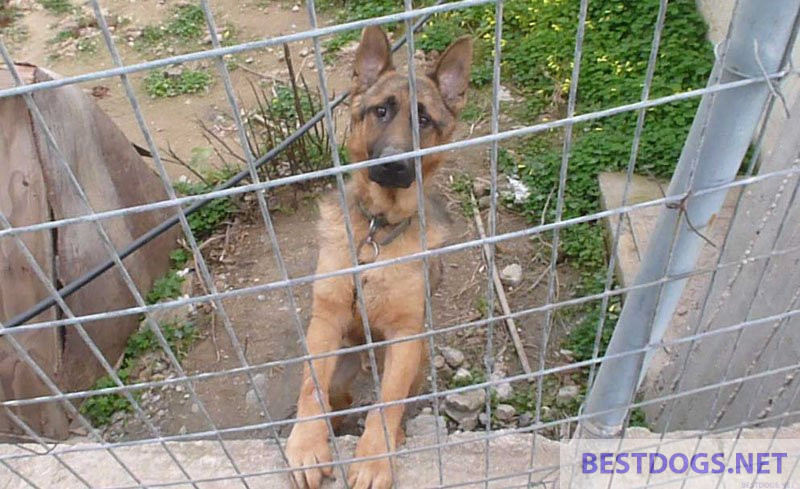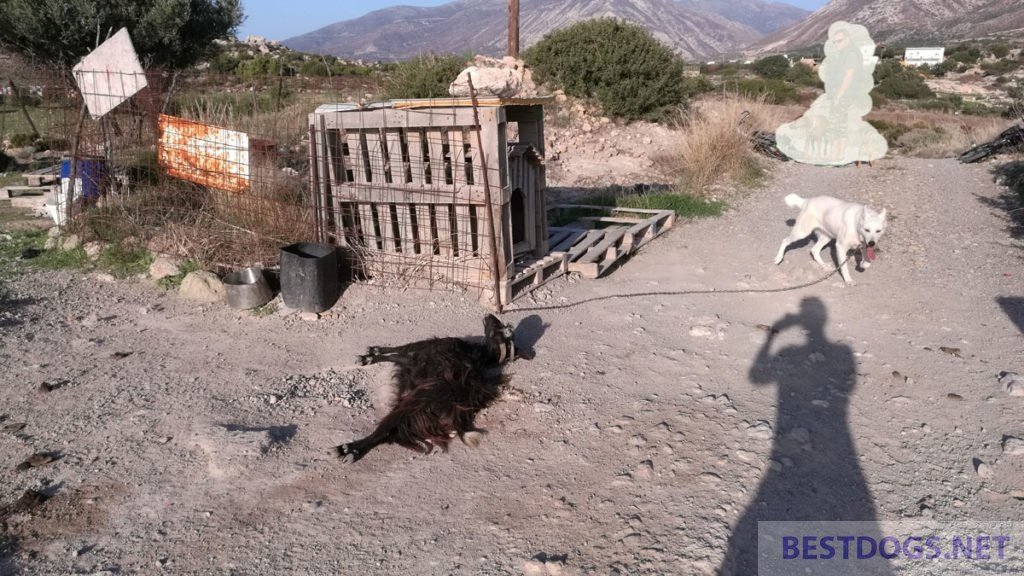What to Do if a Tourist Finds a Dog or Puppy in Greece: A Guide to Fostering, Adoption, and International Transport.
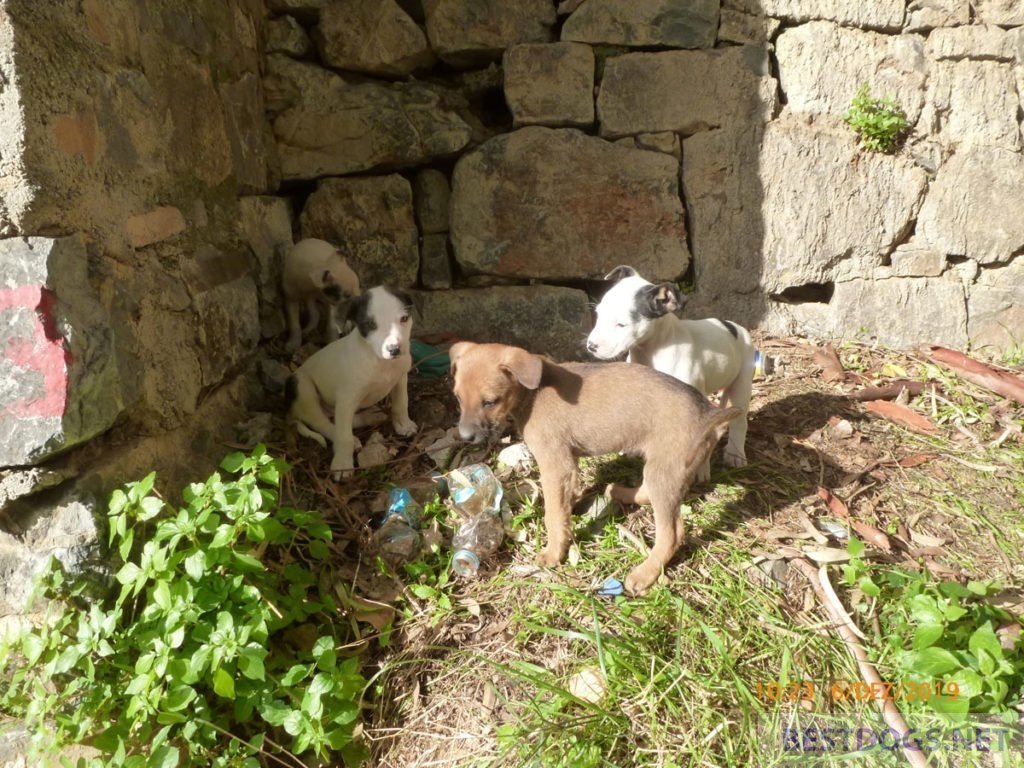
What to Do if a Tourist Finds a Dog or Puppy in Greece: A Guide to Fostering, Adoption, and International Transport
Table of Contents
When tourists encounter a stray dog or puppy in Greece, they often feel a strong urge to help. Greece is known for its sizeable stray animal population, and while many of these animals are friendly and approachable, they are still in need of care and a permanent home. If a tourist decides to foster or adopt a stray, it’s important to understand the process and legal requirements involved in giving one of these animals a new life abroad.
The process typically starts with ensuring the health and safety of the animal. Tourists should engage with local animal welfare organizations for guidance and assistance. These groups can provide support with necessary steps such as sterilization, vaccination, and obtaining the requisite paperwork. For instance, PAWS-Pelion Greece offers a pet chauffeur service that assists with the transport of adopted pets across Europe, simplifying the journey to their new home.
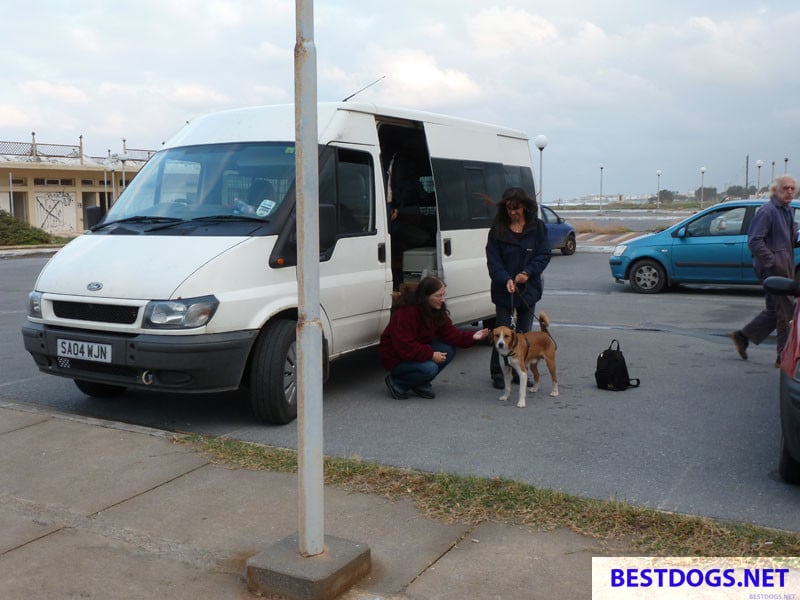
Fostering and adoption are compassionate responses to Greece’s stray dog dilemma, and several organizations are dedicated to facilitating this process. Save a Greek Stray and Friends of the Strays of Greece provide resources and support for individuals looking to adopt or foster strays. Following the proper protocols ensures that tourists can make a positive impact while also complying with local laws and international travel regulations for pets.
Identifying Stray Animals in Greece
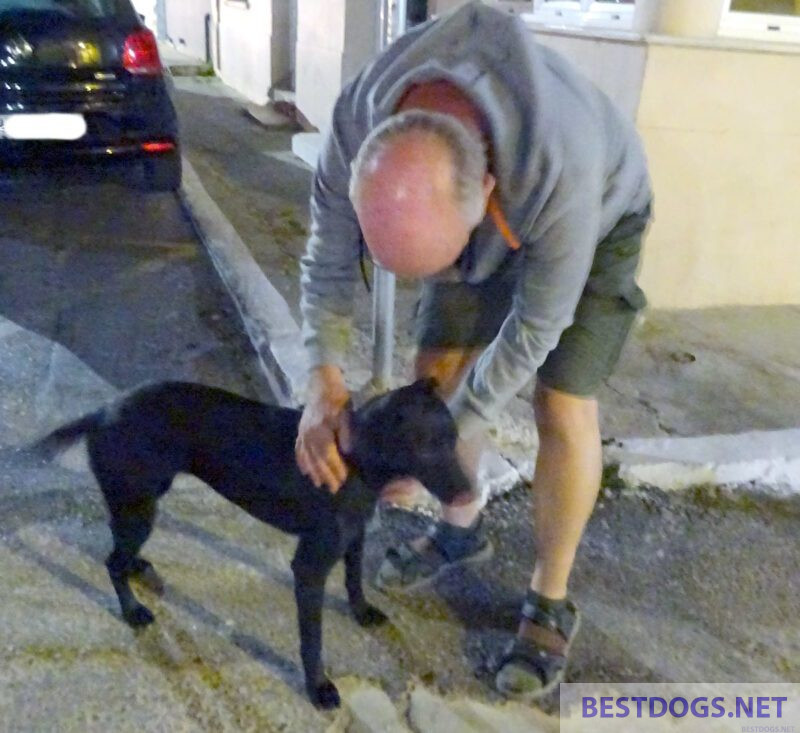
Tourists in Greece may come across stray animals in various locales from Athens to the islands. It is important to approach these animals with caution and to be aware of health-related considerations.
Approaching Stray Dogs Safely
When tourists encounter stray dogs, they should exercise caution. Dogs exhibiting a low or slow wagging tail, a crouched stance, visible teeth, flat ears, and vocalizations like growling or barking may signal potential hostility. It is advisable to avoid sudden movements and maintain a safe distance from the dog, especially in urban areas like Athens or Thessaloniki, where the number of stray dogs can be significant.

Health Risks and Prevention
Stray animals, including dogs and cats, can carry various diseases, which makes understanding the potential health risks vital. Preventative measures such as using hand sanitizer after contact and consulting with a local vet if one intends to interact more closely with the animal are important. Tourists must also be mindful of the animal welfare laws in Greece, which protect these animals and govern how they can be treated or taken out of the country.
Legal Aspects of Fostering or Adopting
When fostering or adopting a dog or puppy in Greece, it’s essential to be informed about the local regulations and to prepare the required documentation to ensure a legal and smooth process.
Understanding Greek Animal Welfare Laws
Greek animal welfare laws mandate that all dogs must be microchipped and registered with the national pet database. This serves as a measure to combat neglect and abuse, ensuring all pets can be traced back to their owners. For a tourist looking to foster or adopt, they must ensure that the animal has a microchip and the current legal guardian has adhered to these animal welfare laws.
Required Documentation for Adoption
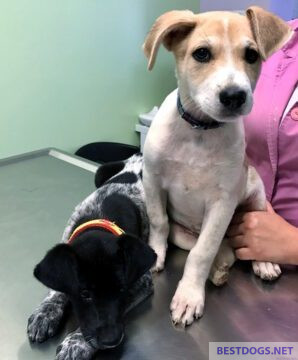
To legally adopt and take a dog home, the following documentation is typically required:
-
Pet Passport: This is an official document that records the dog’s microchip number, vaccinations, and health records as certified by a licensed vet. It is essential for any pet travel, not only within Greece but also for re-entry to a tourist’s home country.
-
Vaccination Records: Dogs must have up-to-date vaccinations. The records should confirm that the dog has been vaccinated against rabies at least 21 days before travel.
-
Health Certificate: A certified vet must examine the dog and issue a health certificate within a specific timeframe prior to travel, confirming that the dog is fit to travel and free from diseases.
This documentation ensures the pet’s entry into most countries and also aligns with international standards of animal welfare.
Caring for a Found Dog or Puppy

When a tourist encounters a lost dog or puppy in Greece, prompt action is essential to ensure the animal’s safety and well-being. Caring for the found animal involves initial safeguarding steps, a thorough health evaluation including necessary vaccinations, and reaching out to local resources dedicated to animal welfare.
Immediate Steps to Take
On finding a dog or puppy, the individual should ensure the animal is safe from immediate dangers such as traffic or other threats. Provide the animal with water and food, keeping in mind that a lost pet may be dehydrated or hungry. It is important to approach the dog calmly to protect both the individual and the animal from potential stress or harm.
Health Checks and Vaccinations
Seeking veterinary care is critical. A vet will perform a health check to look for signs of diseases such as parvovirus or leishmania, which are common in the Mediterranean. The vet can also check for a microchip to locate the owner. Essential vaccinations, including a rabies vaccination, are necessary, especially if the tourist decides to foster or adopt the animal.
Contact Local Animal Welfare Organizations
After initial care, contact should be made with local animal welfare organizations or shelters. These entities can provide guidance on fostering, adoption procedures, and possibly assist with a temporary shelter if the tourist cannot provide one. They might also have programs in place to help the dog or puppy find a loving home in Greece or facilitate the process of taking them to another country.
There are also so-called ‘pet boarding facilities’ where an animal can be accommodated until its possible departure.
Foster or Adopt

When a tourist encounters a stray dog or puppy in Greece, they have options to either foster the animal temporarily or to adopt it permanently. Understanding the local processes and requirements is crucial for both fostering and adopting.
Fostering
Fostering a dog in Greece requires collaborating with local animal shelters or rescue organizations. Tourists who choose to foster provide temporary care, which can include food, shelter, and love, until a permanent home is found. Organizations such as Dogs Trust often provide support throughout the fostering period, ensuring that the dog’s needs are met and that the fostering experience is positive for both the dog and the temporary caregiver.
Adopting
Adopting a dog in Greece is a more permanent commitment and involves several important steps. Prospective adopters need to consider their lifestyle and ability to care for the dog long-term. They should seek out reputable shelters or rescue groups, like the RSPCA, who can guide them through the adoption process. This will likely include a match-making process to ensure the dog fits well with the adopter’s living situation, possibly a home visit, and the completion of any necessary paperwork. Taking a dog back home to another country will also require understanding and complying with pet travel regulations, vaccinations, and possible quarantine requirements.
Traveling with a Pet from Greece to Home
When a tourist decides to take a dog or puppy from Greece back to their home country, they must navigate transportation options, comply with pet travel regulations, and thoroughly prepare for the journey. Understanding the process and meeting all requirements are integral to a smooth and successful trip for both the pet and the owner.
Transportation Options and Regulations

Flying with Pets: Tourists opting to fly should confirm that their chosen airline allows pets in the cabin or the hold. Size and weight restrictions apply, with most companies allowing small pets up to 8kg in the cabin. A pet-friendly airline operating in Greece is Aegean Airlines, with fees for pet travel depending on the destination.
Using Ferries and Trains: For transportation within Europe, ferries and trains can be considered. Greek ferries have provisions for pet travel, but guidelines must be followed, which typically include keeping pets in specially designed cases or designated areas. Train companies also have their own set of rules that usually involve having the pet on a leash or in a container.
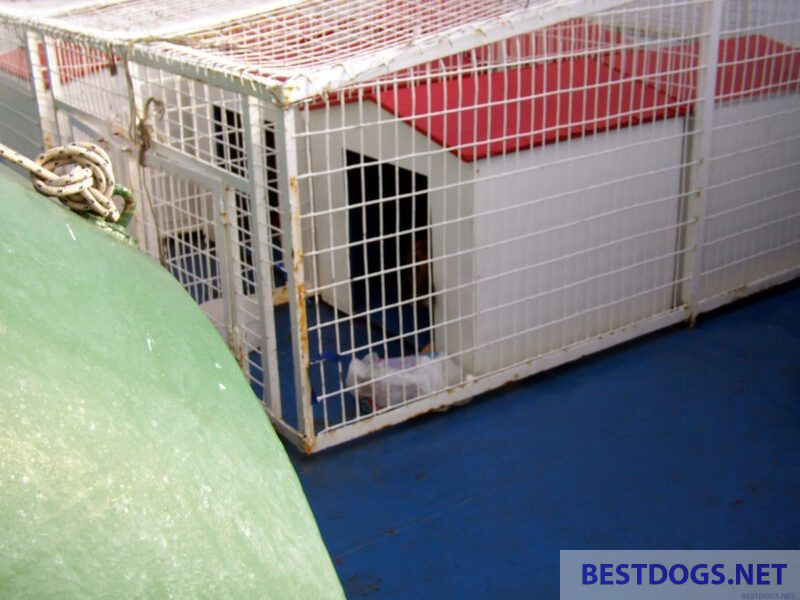
Preparing for the Journey
Pet Documentation: Acquiring a pet passport and ensuring the pet is vaccinated is vital. For pets coming from Greece, a rabies vaccination and a health certificate are mandatory. Before traveling, verify the pet’s documentation is updated and aligns with the European Union or the specific requirements of the UK or other non-EU countries.
Health and Safety: In addition to vaccinations, a pet must have a valid treatment for tapeworms and ticks. It’s recommended to consult with a vet before departure to ensure all health precautions are taken and to obtain a fitness-to-travel certificate if necessary.
Supporting Animal Welfare in Greece
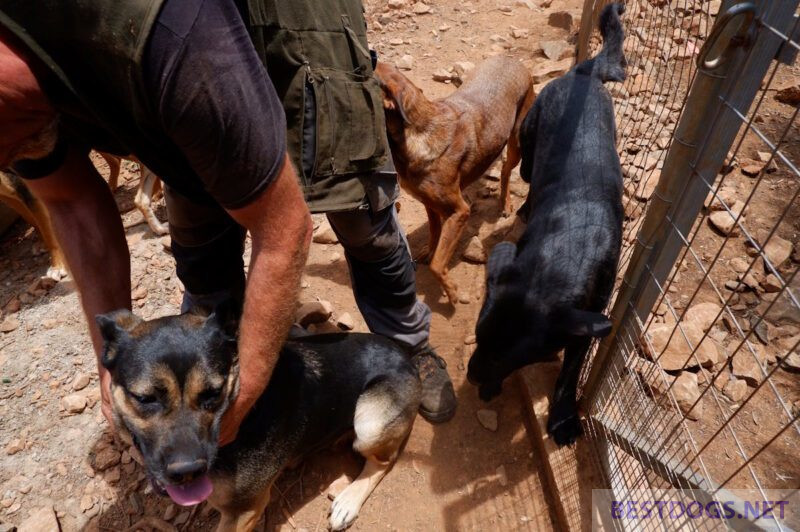
In Greece, efforts to support animal welfare are gaining momentum through the dedicated work of various organizations and the involvement of compassionate tourists. Charitable groups and local councils are working hand in hand to improve the lives of stray animals, offering opportunities for individuals to assist.
Spread Awareness
Awareness is a critical factor in enhancing the welfare of animals across Greece. By spreading the word about the situation of strays and the work done by organizations such as Animal Action Greece and Zante Strays, tourists can contribute significantly to the cause. Information about the plight of these animals and the progress made can be shared through social media platforms, blogs, and community forums, drawing more attention to the support needed.
Volunteerism plays a pivotal role, with opportunities for individuals to directly involve themselves in the care and rescue of animals. Engaging with groups like Greek Animal Rescue, tourists can take proactive steps such as participating in local rescue efforts or supporting the animals by fostering them temporarily.
Fundraising and donations are the lifeblood of animal welfare organizations. Without the necessary funds, rescues would struggle to provide medical care, shelter, and food for the animals in need. Tourists can aid these causes by donating to organizations or even organizing fundraising events in their home countries.
Collaboration with local councils and the broader animal welfare association network is essential to enacting change at a policy level. It is important to foster relationships between international supporters and local stakeholders, ensuring that efforts are sustained and legally supported.
Frequently Asked Questions

When considering the adoption of a stray dog or a puppy in Greece or looking to bring one back home, tourists often have a range of questions about the process and requirements. The following section addresses some common inquiries.
What are the requirements for adopting a stray dog from Greece?
Individuals interested in adopting must typically provide a suitable environment for the dog and may need to go through an assessment process. Organizations like Friends of the Strays of Greece can offer guidance tailored to your personal situation.
How can I get a pet passport for a dog in Greece?
A pet passport for a dog in Greece requires a visit to a local vet who can issue the document after ensuring the animal has had all necessary vaccinations.
What is the process for bringing a rescue dog to other EU countries from Greece?
The process includes obtaining an animal health certificate, ensuring the dog is microchipped, and that all vaccinations are up to date. Specific countries may have additional entry requirements.
What is the process for bringing a rescue dog to the UK from Greece?
Apart from the usual requirements, for direct travel to the UK, the dog must be treated for tapeworm between one and five days prior to travel. Guidance on pets travel scheme provides additional details.
What are the quarantine regulations when adopting a dog from Greece?
Quarantine regulations vary by country. Most EU countries do not require quarantine if all health requirements are met, but always check the latest rules of the destination country.
How do I legally adopt a stray dog while visiting Greece?
Legal adoption requires coordination with a local animal welfare organization which can help to navigate the registration and legalities in Greece.
What steps should I take to ensure a smooth transition for a Greek rescue dog to my home country?
One should ensure that all vaccination guidelines are followed and that the dog is comfortable with travel. It is advisable to also familiarize oneself with the pet import laws of their home country.



